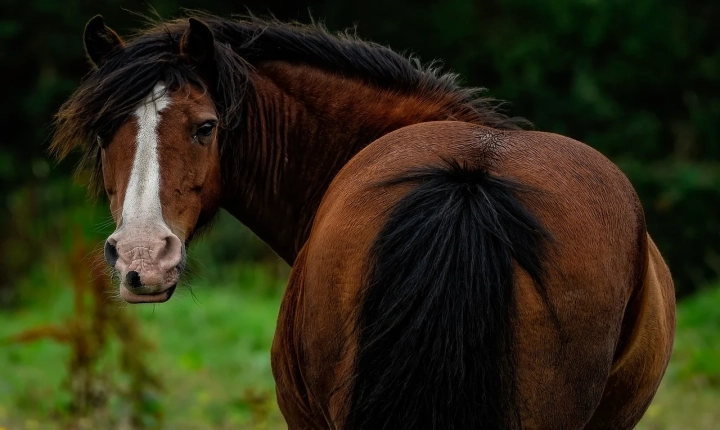AI beautification cameras have become incredibly popular in recent years, offering users the ability to enhance their photos with advanced artificial intelligence technology. These cameras are found in many smartphones and other digital devices, providing users with the ability to capture and enhance their images in a way that wasn’t possible before.
This technology works by automatically analyzing the facial features of the subject in a photo and applying various enhancements to improve their appearance. These can include smoothing out wrinkles and blemishes, adjusting skin tone, enhancing eye color, and even altering the shape of facial features. The AI beautification camera is designed to make the subject look more glamorous and attractive, often achieving results that rival professional photo editing.
One of the key features of AI beautification cameras is the use of machine learning algorithms to continuously improve the results. As the camera processes more and more images, it learns from the adjustments made by users and refines its techniques to provide even more natural and flattering enhancements. This means that the more the camera is used, the better it becomes at producing high-quality, refined images.
The popularity of AI beautification cameras can be attributed to the growing trend of social media and the desire for users to present themselves in the best light. With the rise of platforms such as Instagram and Snapchat, where users frequently share photos of themselves, the demand for tools that can enhance one’s appearance has skyrocketed. AI beautification cameras have become an essential tool for those seeking to achieve picture-perfect results effortlessly.
In addition to personal use, AI beautification cameras are also being integrated into professional photography and videography equipment. Many professional photographers and content creators use these cameras to streamline their workflow and achieve polished results more efficiently.
However, the increasing use of AI beautification cameras has sparked some debate about the potential ethical implications of using technology to alter one’s appearance. Critics argue that such tools contribute to unrealistic beauty standards and can negatively impact self-esteem and body image. There is also concern that these technologies may perpetuate racial and gender biases, as they are often trained on biased data sets.
Ultimately, AI beautification cameras offer a powerful and convenient way for users to enhance their photos and portray themselves in the best possible light. As the technology continues to advance, it will be crucial to address the ethical considerations associated with its use and strive for a balanced and responsible approach to beauty enhancement.
